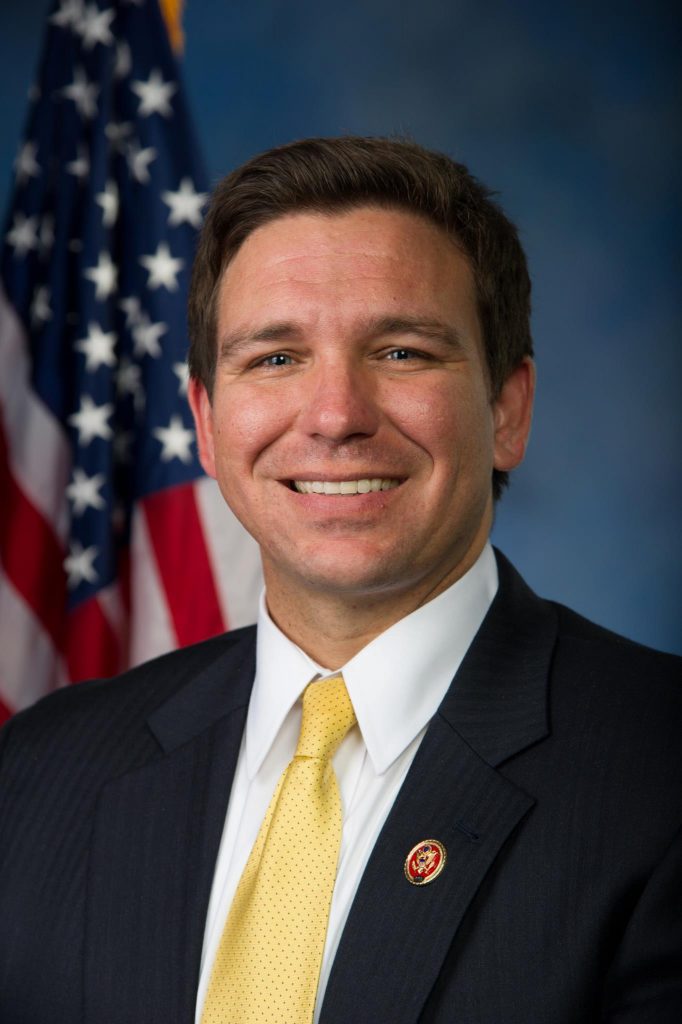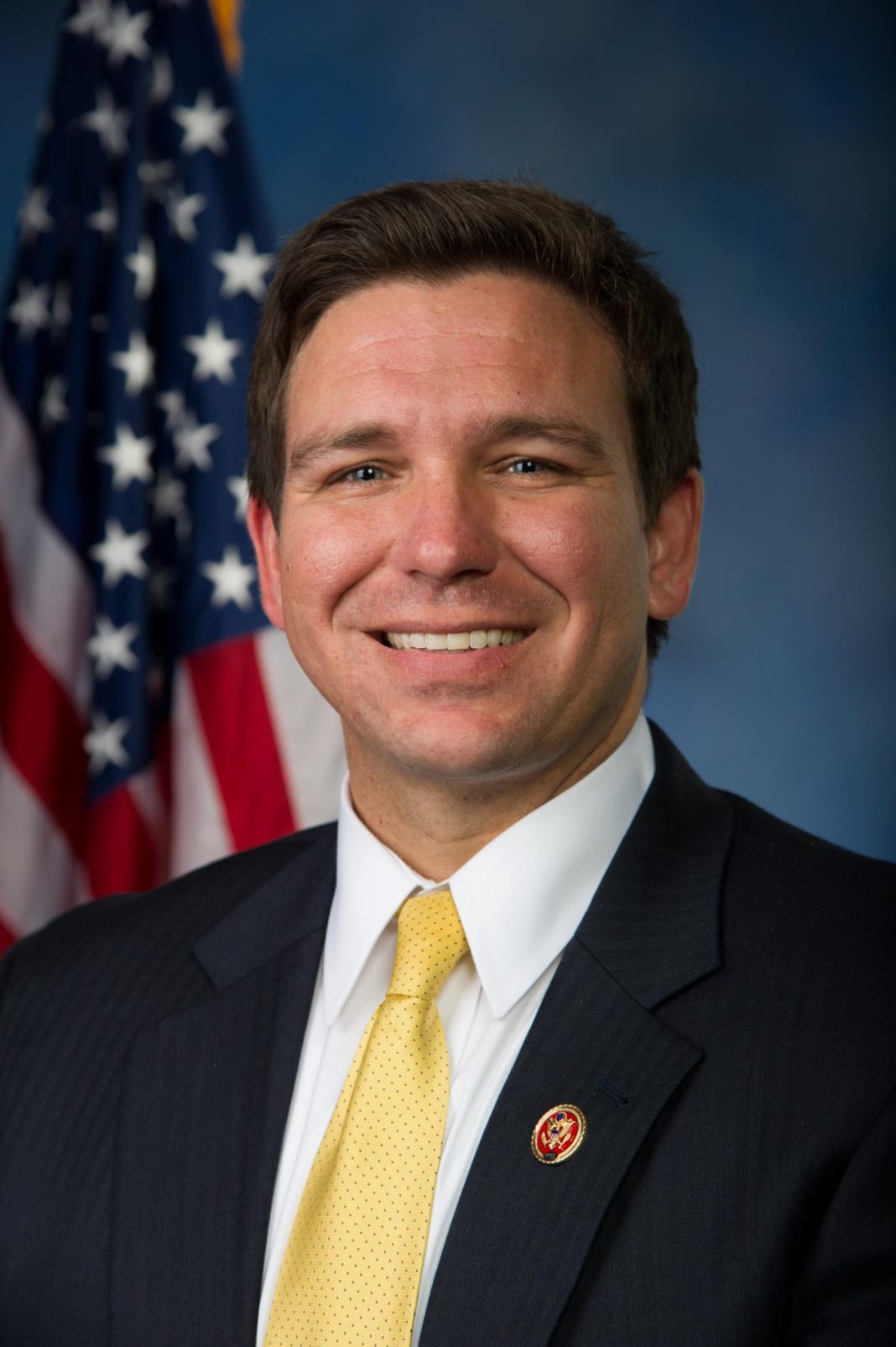
The object of impassioned battles in school board meetings and debate among university faculty, Florida’s newest laws aimed at regulating classroom instruction have grown to have an increasing impact on students’ education. House Bill (HB) 7, known as the “Stop WOKE Act,” is among the most well known and controversial of these laws.
According to Flordia lawmakers, the law’s provisions aim to “protect individual freedoms and prevent discrimination in the workplace and in public schools.”
The bill’s language is in response to the supporters’ interpretation of Critical Race Theory (CRT), a school of thought that has drawn simultaneous praise and criticism in recent years despite existing as far back as the 1980s.
“Critical race theory is kind of this assumption that all institutions that were built are kind of rooted in racism,” sociology doctoral degree candidate Ahzin Bahraini said, whose research focuses on the intersections of race and education.
CRT is typically studied at the graduate level, yet it joined the mainstream vernacular after national protests against racial injustice in the summer of 2020. In response, prominent conservative figures, including former President Donald Trump, campaigned against its values and supporters.
“The state legislature and the governor are Republican, they’re conservative and so they’re in a position to actually try to correct what they see as problems,” political science professor Sylvia Thompson said.
Florida Gov. Ron DeSantis has used his state and national platform against CRT, even using his position to influence the makeup of school boards in a series of tours around Florida.
“By us protecting against CRT in this Stop WOKE Act, we’re going to be making sure that that time in school is actually spent learning and not just being targets of indoctrination,” said Florida Gov. Ron DeSantis in a press conference on Dec. 15, 2021.
DeSantis signed the bill into law on April 22. The law went into effect July 1.
In a list of items, the law outlines several practices that will be considered “unlawful discrimination” in public education and in private employment.
In one bullet, the law explicitly prohibits classroom instruction or employee training that “a person’s moral character or status as either privileged or oppressed is necessarily determined by his or her race, color, national origin or sex.”
Experts say the law’s verbiage is ambiguous. Words such as moral, merit, excellence, hard work, fairness and neutrality are vague and lack key identifiers when considering the execution of the law, according to Caroline Mala Corbin, a UM law professor with expertise in constitutional law.
“If it’s not crystal clear what’s legal and what’s not illegal, then you might have a vague law,” Corbin said. “The consequence is that out of abundance of caution, people will self-censor themselves.”
This effect is called chilled speech and discourages the exercise of first amendment rights.
The law primarily impacts public schools and universities; Professors and teachers at these public institutions are employed by the state and so the constitutionality of the law becomes more complicated, although the effect remains the same.
“I would be very concerned for people who are at state universities,” political science professor Louise Davidson-Schmich said.
A colleague of Davidson-Schmich’s teaches at a public college in Florida, her expertise is in race and immigration. Said colleague, frustrated by the law’s imposition on her teaching, has decided to apply for jobs outside of the state.
Aside from the public sector, Corbin argues that the law would be completely unconstitutional if applied to private institutions.
“The government cannot dictate what private people can and cannot say,” Corbin said. “The basic point of the First Amendment is to prevent the government from censoring ideas.”
Consequently, the law does not affect UM, a private university, to the extent that it does Florida public colleges and universities.
At UM, the most noticeable effect is the new optional status of Diversity, Equity, and Inclusion (DEI) training. Students may have noticed that unlike in years past, the DEI orientation week training for incoming students was not mandatory. Housing and Residential Life (HRL) staff also did not need to attend their DEI training this year.
“In keeping with the University of Miami’s DIRECCT values, the University provides the opportunity for students, faculty, and staff to grow their perspectives by offering diversity, equity, and inclusion sessions and workshops,” UM said in a statement to The Miami Hurricane. “All sessions are open and available to members of the university community who would like to participate.”
UM’s DIRECCT values are diversity, integrity, respect, excellence, compassion, creativity and teamwork.
HB7 is only one of several recent Florida state laws that prompted a reaction from educators and legal experts. While the law affects UM, it is only at the business level. Public institutions across the state feel the impact to a greater extent, particularly in the classroom.
According to HB 233-Postsecondary Education bill, passed in 2021, Florida public colleges must administer a survey measuring the “intellectual freedom” and “viewpoint diversity” of the institution. The law also permits students to record lectures for personal educational purposes and prohibits public colleges from shielding protected free speech.
Senate Bill (SB) 7044, a lesser known bill passed in 2022, prohibits Florida public colleges from using the same accrediting agency for consecutive accreditation cycles.
Universities seek accreditation to indicate that their institution reaches a specific standard of education. Typically, the accreditor of the university doesn’t change between the several-year cycles.
“I anticipate that that’s going to be hugely costly, and hugely time-consuming for public universities to have to implement,” Davidson-Schmich said. “It’s basically taking resources away from education and putting them toward jumping through bureaucratic hoops.”
Other recent laws that now affect public and private colleges and universities include HB 7017, requiring universities to report gifts of more than $50,000 from foreign sources and screenings of researchers from foreign countries.
UM College Republicans declined to comment on HB7.






